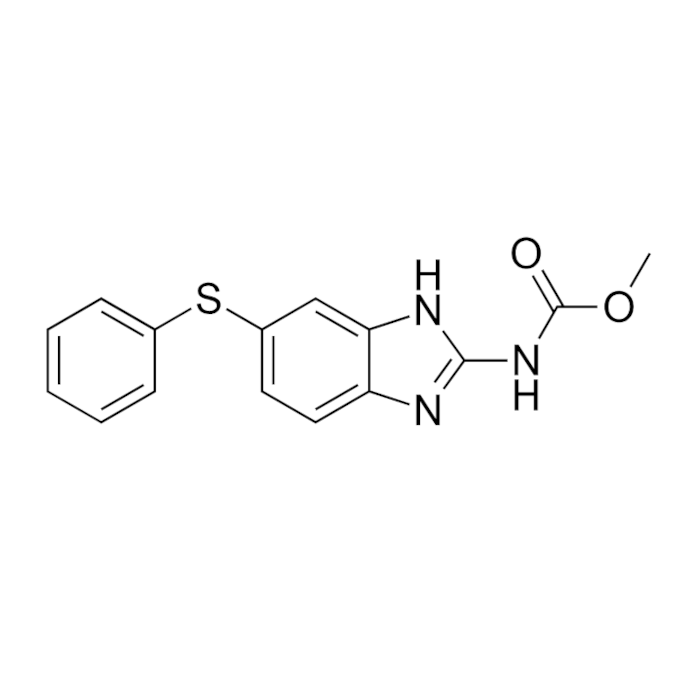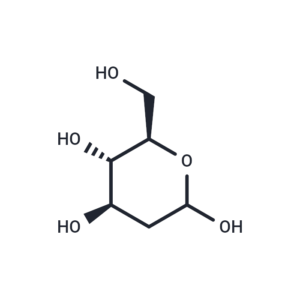Description
Fenbendazole, 5000g
(Synonyms: Methyl 5-(phenylthio)-2-benzimidazolecarbamate)
Fenbendazole is an anthelmintic and antiprotozoal agent used in veterinary medicine to treat gastrointestinal parasites like roundworms and hookworms. It disrupts parasite metabolism by inhibiting glucose absorption, leading to their death. While generally safe for animals, dosage should be guided by a veterinarian.
Recent interest has emerged in fenbendazole’s potential anti-cancer properties, despite it not being approved for human use. Research suggests it may work through three main mechanisms:
- Apoptosis Induction: By interacting with β-tubulin, fenbendazole halts the cell cycle and induces cell death in cancer cells.
- Inhibition of Glucose Utilization: It may reduce glucose uptake in cancer cells, which typically consume glucose at much higher rates than normal cells.
- Induction of Oxidative Stress: Fenbendazole may increase oxidative stress in cancer cells, contributing to its anti-tumor effects.
Although its pharmacokinetics and safety in humans are not well-documented, existing studies suggest fenbendazole could be a viable candidate for cancer treatment due to its low cost and safety profile. Clinical trials are essential to evaluate its efficacy, optimal dosing, and safety in humans. This review discusses fenbendazole’s pharmacokinetics, anticancer activities, and potential for improved bioavailability and reduced toxicity.
More
Publications: PubMed
Certificates: COA


